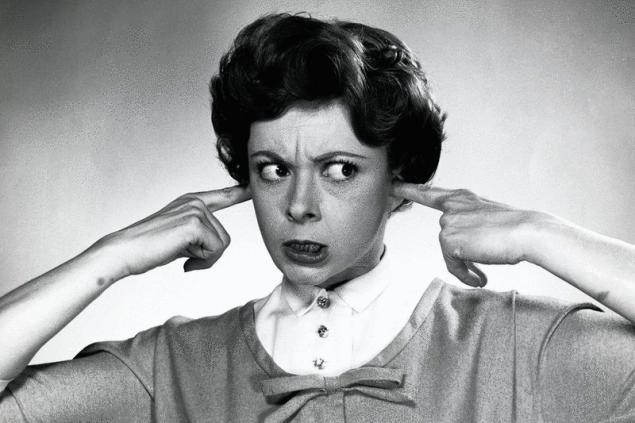461
Listening: learning to hear

Communication is a two – way exchange of information leading to mutual understanding. Communication is a specific form of human interaction with other members of society when implementing the social relations of people.
COMPONENTS OF COMMUNICATION
The need to communicate the need to report or find out information, to know the source. This encourages to get in touch. The orientation is to identify the purpose of communication, situation communication, and the identity of the interlocutor.
Planning communication – you should plan the content of your message, imagine what you want to say.
THE ABILITY TO LISTEN
All human skills, listening is the most difficult!!!
Psychological experts claim that out of 10 people do not know how to listen to 8 !!!
The most typical psychological mistake in the process of communication – "I said what I wanted to say and he understood what I wanted to say."
In fact, in the process of perception of verbal message the listener (from the idea to the expressed) is no more than 30% of the information, and that's because 78% of people perceive the information visually.
Psychological studies have shown that thoughts are bad listeners are busy thinking about THEIR responses, advice, comments, objections, their arguments, not hearing him!
The ability to listen, according to experts in psychology, consists of 3 components: 1. attention:
respect (value the human desire to speak);
preamble (make contact, let them know that you are willing to listen);
2. friendliness:
not to kill (killing a man in his awakened irritation, annoyance which in turn will not allow to agree with your reasoning and arguments);
can not suppress his interlocutor with his authority, because in this case he will not think about the fairness of your judgments, and the psychological protection!
you should control your emotions, ie, when you feel irritation or not in control, then mentally put yourself in the place of the interlocutor;
should not all demonstrate a disregard for the speaker;
3. activity: must from time to time to send signals to the speaker that you are listening to.
WHAT PREVENTS LISTENING?
burdened with their own problems – hence the distraction in his own thoughts. This cause occurs because the speed of our thinking is 4-10 times faster than speech;
prevents us to listen to haste and haste judgments – study of psychologists showed that 80% of listeners listen carefully to each d– Ruga first 1-2 minutes! (then a man says to himself: "everything is clear, it's not right!")
prevents us to listen to the negativity of critical thinking and perception (our emphasis and psychology focused on error clause in speech and conduct, and not on the essence of the conversation)
we prevent prejudice against the speaker – like: he can say smart, still young, still incompetent, etc...
One of the reasons that intelligent and pleasant companion so rare is the wont of most people to not answer other people's questions, and in his own thoughts.
One who is smarter and nicer than trying to depict on the face of the attention, but his eyes and whole appearance betrayed a lack of interest in what the other person said, and the impatient desire to return to what he intends to say.
Few people realize that this effort to please myself — not the way to please the other or to convince him and only being able to listen and answer, you can be a good source.
© François de La Rochefoucauld, 1665г.
Isn't that true today? What has changed in the psychology of mankind? Practically nothing! Selfishness and consumer attitude to each other, psychological violence and aggression, does not allow people to communicate on equal terms, to communicate adequately, to communicate with understanding and mutual respect. You hear: "why do I need someone to listen and someone to understand? Why won't anyone listen and not understand?"
WHY??? And you read what is written above.published
Source: www.cosmopapin.ru/?q=book/export/html/12























